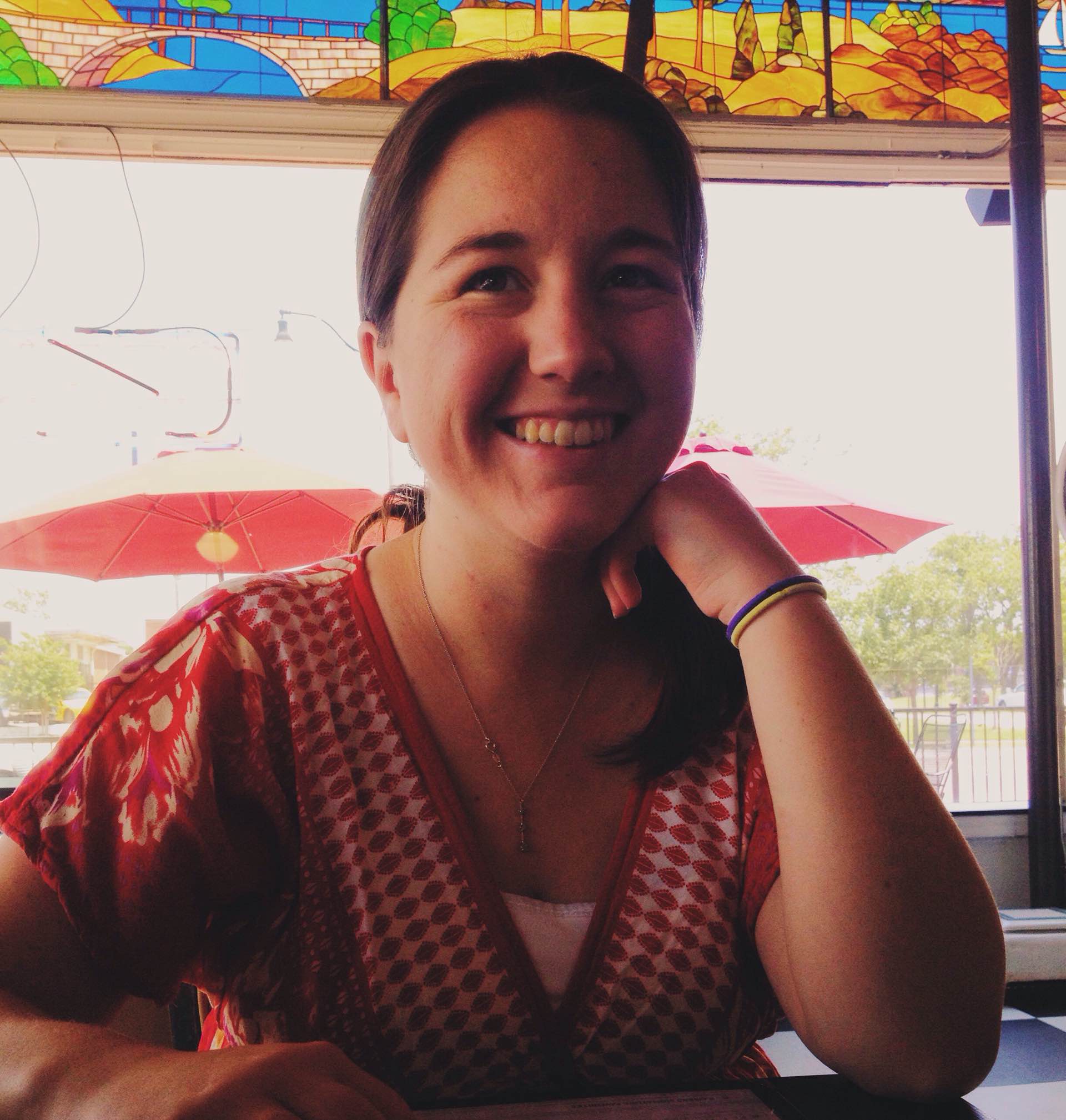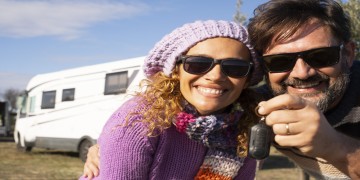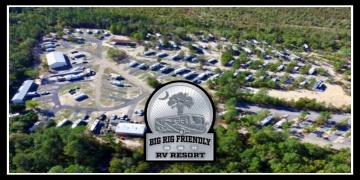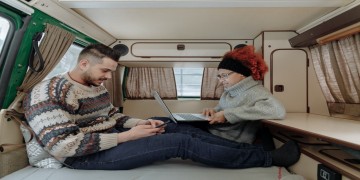Name of Blog
RV Tips Blog
Camping Tips Blog

Boosting Your Internet Signal at Campgrounds
11-07-2018Author :Chelsea Barron in Education
Camping without internet is generally fine if you’re only out for the weekend. However, those who RV full-time—and even those who aren’t full-time but enjoy RVing on a regular basis (or for long periods of time)—tend to feel differently. This is especially true for those RVers who require internet to get their work done, but let’s be honest, even if you only use the internet to stream Netflix, it is annoying to have to go without it for an extended period of time.
Luckily, cell signal is getting better and better, meaning portable hotspots can be used to get internet access in the vast majority of cases. On top of that, many campgrounds are now offering Wi-Fi as one of their amenities, meaning if you can get it to work, you may not even have to use your data to connect to the outside world.
The problem with all of this is ensuring you have a decent connection wherever you go.
My first big tip is an important one: Take the leap and pay for more than one cell provider. This might mean having a hotspot with one provider and your cell phone with another. It might even mean having multiple hotspots. The more providers you can afford to have, the better.
The reason? Some areas can have no signal at all with one provider, yet several bars of signal with another. Additionally, even when you are getting signal with all providers, one is bound to be faster than the other. Having access to a number of different networks will ensure you have connection as often as possible and that you’re getting the fastest speed possible.
Not sure which networks are best? Generally speaking, Verizon has coverage in the most places. That said, T-Mobile is hot on their heels, and when you can get it, T-Mobile connection tends to be faster. AT&T is another decent option, but shouldn’t be your only option.
Related Read: Internet on the Road
Choose Your Site Well
Believe it or not, where you’re parked in a particular campground can actually affect your cell signal. Therefore, it’s always a good idea to drive around the campground before choosing a site to see where the best signal is. This can be done by watching your hotspot as you drive, but the better option tends to be using an app such as this one.
Either way you do it, checking the internet speed before parking can make an enormous difference, so don’t forget this step!
Not sure where to begin? Generally speaking, it’s best to avoid trees and valleys. If you can be on top of a hill, check that site out first, and be open to testing many sites before settling on one.
Invest in a Booster
Having all the cell providers in the world won’t help if every single one is giving weak or no signal. This is where a Wi-Fi booster such as the WeBoost steps in. This handy gadget actually pulls in and amplifies your cell signal, meaning faster speeds and a more reliable connection. It’s an absolute lifesaver if you need internet for work, and is necessary if you happen to be parked near a number of people using boosters of their own.
There are many different versions of the WeBoost, and really, any of them is better than none at all. However, the very best versions are definitely the Connect RV 65 and the Drive 4G-X RV. The best option for you will depend on your travel style, so be sure to do your research before making any purchases.
Related Read: Internet Security Tips for RVers
Try a Wi-Fi Ranger
Don’t have any cell signal at all? A Wi-Fi range extender might be for you! This handy gadget connects to your computer, pulls in any available Wi-Fi signal in the surrounding area, and amplifies it for your use.
This is perfect for those times when you’re parked in a campground with free Wi-Fi, but not quite close enough to the office to get a signal. The Wi-Fi range extender also works well if you stay in parking lots often and wish to take advantage of the internet offered inside of stores, coffee shops, and other places of business.
While the Wi-Fi range extender may not be a great go-to solution, it is a good backup to have on hand. Therefore, we definitely recommend purchasing one, especially if you spend lots of time in parking lots or in campgrounds with Wi-Fi.
We love the options linked above, but also appreciate Wi-Fi Ranger devices, which might be a better option depending on your needs.
If all else fails, you can always make a point of using the internet during off hours. This tip works especially well when you’re staying in a super crowded campground. This is because cell towers and campground Wi-Fi can actually become overloaded, making them slow as molasses. By waiting until after 11pm, getting up extra early, or doing your work in the afternoon when most people are out and about, you should get much better speed.
Of course, this tip relies on you not needing internet during peak usage times. If you do need internet during the busier times of day, your best bet is to switch to a cell provider that fewer people are using. In some cases, this will be a provider that appears to have worse signal based on the bars showing on your device, but is actually faster because their towers aren’t overloaded.
Once in a great while, you’ll probably be parked in a place where none of these options are helpful. While these situations are inconvenient, they don’t have to be the end of the world. After all, free Wi-Fi is available in nearly every coffee shop, restaurant, and store these days, meaning all you have to do is drive into town and you should be able to find the connection you need to get things done.
When this happens to my family, we like to try new local coffee shops and bakeries, and make an adventure of it. What are your favorite solutions for finding internet when it’s hard to come by in a particular location? Tell us in the comments below.
Comment

Author : Chelsea Barron
Chelsea has the amazing opportunity to take part in full-time RV living and traveling with her tiny tribe. She homeschools her five-year-old son as they travel, and takes full advantage of their unique situation by using the entire world as her son’s classroom. A group of total Disney fanatics, Chelsea and her family often find themselves in the Orlando area in order to visit the Disney parks, but they have also visited over 25 of the 50 states with plans to see many more along the way. No matter where her travels take her, Chelsea enjoys riding bikes, gazing at beautiful sunsets, finding new coffee shops, Irish dancing, and sitting around a campfire with her family. Check out her blog Wonder Wherever We Wander.
Related Blogs

Navigating the Transition from Urban to RV Living
Embarking on a journey from urban to RV living is a thrilling endeavor, filled with promises of freedom and boundless exploration. This lifestyle switch brings a unique chance to disconnect from the rush of city life and plunge into ...

Families Flock to Big Rig Friendly Resort in SC

Internet Options for RVers to Stay Connected
To RVers, the open road and ever-changing landscape provide unparalleled freedom and adventure. However, this lifestyle also brings unique challenges, especially when staying connected. There are plenty of reasons why reliable intern...




